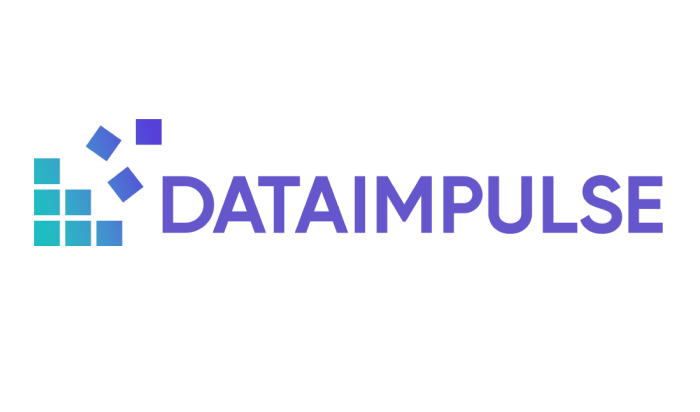Discover unbounded internet access with our comprehensive ISP proxies list. Offering high-speed, secure connections, our list helps you bypass IP limitations and geographical restrictions seamlessly. Preserve your privacy while enjoying unhindered browsing. Embark on a journey of unrestricted internet access with our ISP proxies list. The world of limitless browsing is just a click away.
Frequently Asked Questions
about ISP proxies
ISP proxies, also known as residential proxies, are servers that route internet traffic and mask your actual IP address, replacing it with a different one. These proxies are provided by Internet Service Providers (ISPs) and are associated with a physical location.
ISP proxies can be useful for a variety of reasons. They can be used to bypass geo-restrictions, as they provide IP addresses associated with specific locations. They are also beneficial for tasks that require a high level of anonymity, like data scraping, as they are less likely to be detected and blocked since they come from a legitimate source (the ISP).
An ISP proxy works by routing your internet connection through a server provided by an Internet Service Provider. This server then connects to the internet on your behalf, effectively masking your real IP address and making it appear as though you’re accessing the internet from a different location.
While ISP proxies are generally safer than free or public proxies, there are potential risks involved. If not properly encrypted, your data could be vulnerable to interception. Also, misuse of proxies can lead to violation of certain terms of service, potentially resulting in bans or other penalties. It’s always recommended to use proxies responsibly and within the purview of the law and terms of service.
ISP proxies are linked to an actual Internet Service Provider and a physical location, making them appear more legitimate to most online services. This can make it harder for these proxies to be detected and blocked. On the other hand, data center proxies are not affiliated with ISPs. They are usually faster but are also more easily detected and blocked because they originate from a data center and share a common IP subnetwork.


































